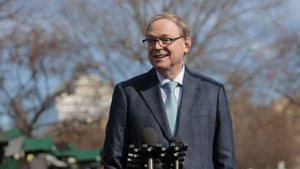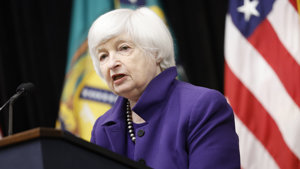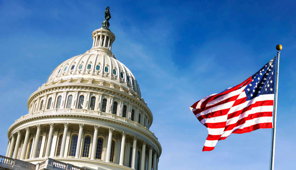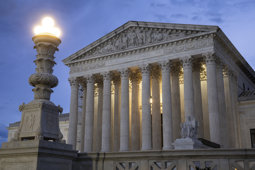
Japan Rejects Full U.S. Trade Demands
Japanese Prime Minister Shigeru Ishiba declared on Monday that Japan will not accept all of the United States’ demands in ongoing trade negotiations. Addressing lawmakers in parliament, Ishiba emphasized the need to protect Japan’s national interest and criticized Washington’s shifting trade policies.
“If Japan concedes everything, we won't be able to secure our national interest,” Ishiba stated. He expressed serious concern over what he described as inconsistent actions by the U.S. administration under President Donald Trump. Specifically, he pointed to the 2019 trade agreement, where the U.S. committed to refraining from additional tariffs on Japanese goods, only to later apply a sweeping 25% tariff on all automobile imports—including those from Japan.
Ishiba’s comments reflect broader unease in Tokyo about the reliability of Washington’s trade commitments, especially in sectors vital to Japan’s economy such as automotive exports. The imposition of the 25% tariff on cars has stirred frustration among Japanese officials who believed they had secured exemptions based on previous negotiations.
Despite his criticisms, Prime Minister Ishiba also signaled cautious optimism. He highlighted President Trump’s direct participation in the opening round of trade talks as a positive sign. “It shows he places importance on reaching a deal with Tokyo,” Ishiba noted, suggesting that Japan remains committed to finding common ground while defending its economic priorities.
The latest developments underline the ongoing tensions in U.S.-Japan trade relations and the balancing act both sides must perform as they navigate national interests, strategic alliances, and economic pressure. Future negotiation rounds are expected to test both countries’ willingness to compromise amid growing scrutiny over global trade fairness and reliability.






